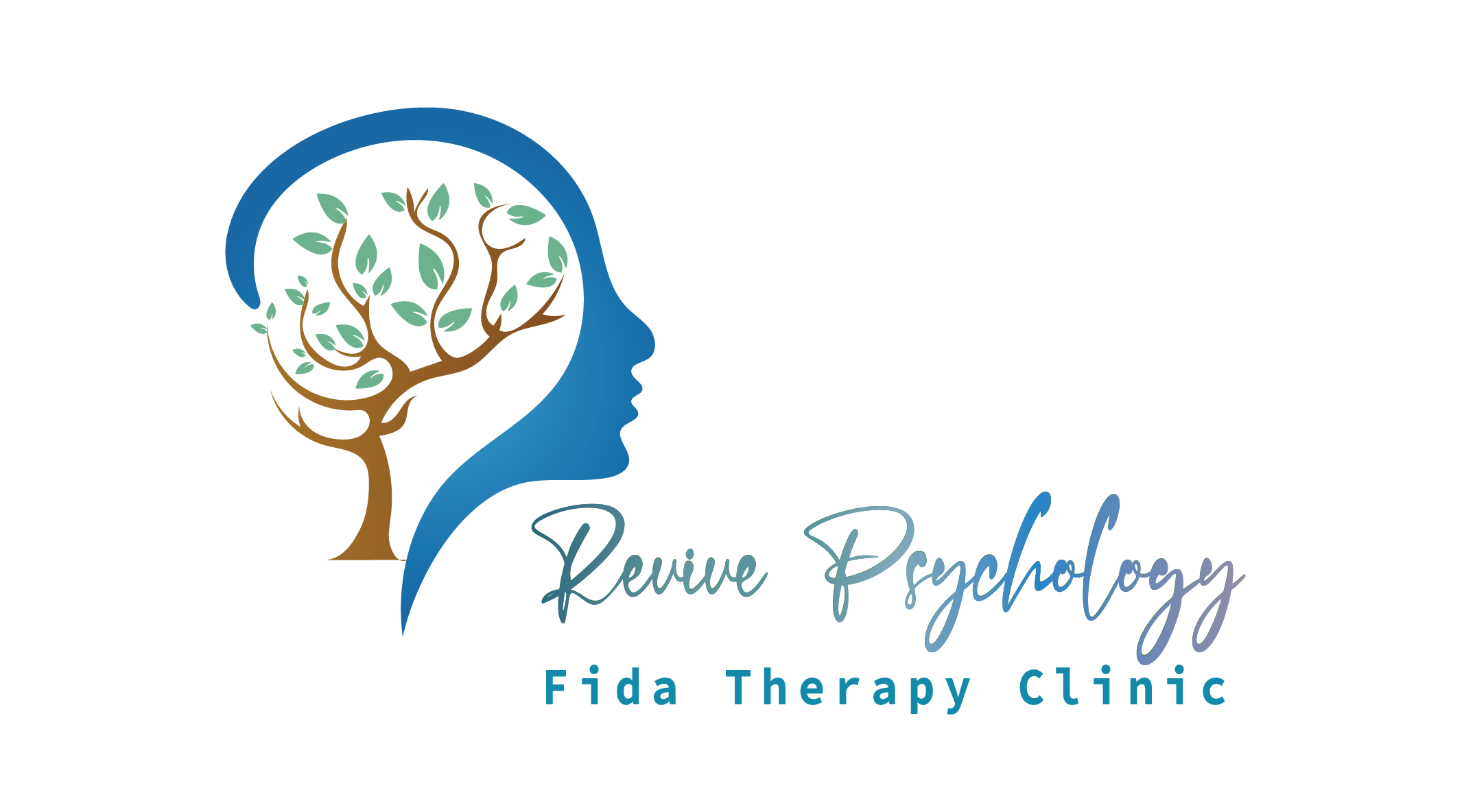
Understanding Anxiety
Anxiety is a natural response to stress, but when it becomes overwhelming, it can affect daily life. Common symptoms include racing thoughts, restlessness, and difficulty concentrating. Understanding your anxiety is the first step to managing it.
Mindfulness & Grounding Techniques
Practicing mindfulness helps bring your focus to the present moment. Simple techniques like deep breathing, body scans, and the 5-4-3-2-1 grounding method (naming things you can see, hear, touch, etc.) can reduce anxious thoughts.
Cognitive Behavioural Therapy (CBT) for Anxiety
CBT helps reframe negative thinking patterns. Challenge anxious thoughts by asking:
- Is this fear based on facts or assumptions?
- What is the worst-case scenario, and how likely is it?
By restructuring these thoughts, you gain better control over your emotions.
Building Healthy Daily Habits
- Get 7-9 hours of sleep to regulate mood.
- Exercise regularly to release tension.
- Limit caffeine and alcohol, as they can worsen anxiety.
- Stay socially connected for emotional support.
If anxiety persists, therapy can provide personalized strategies to help manage symptoms effectively.


